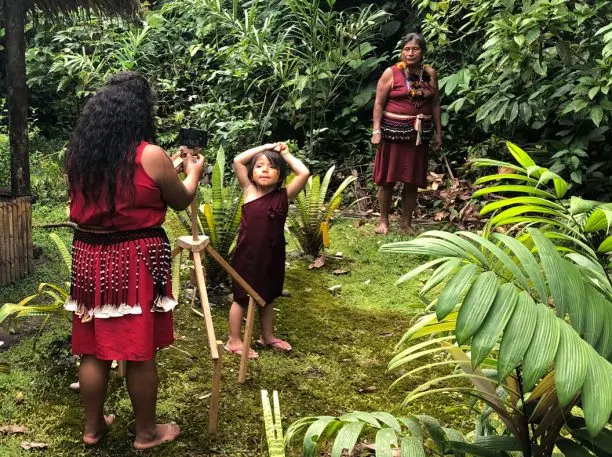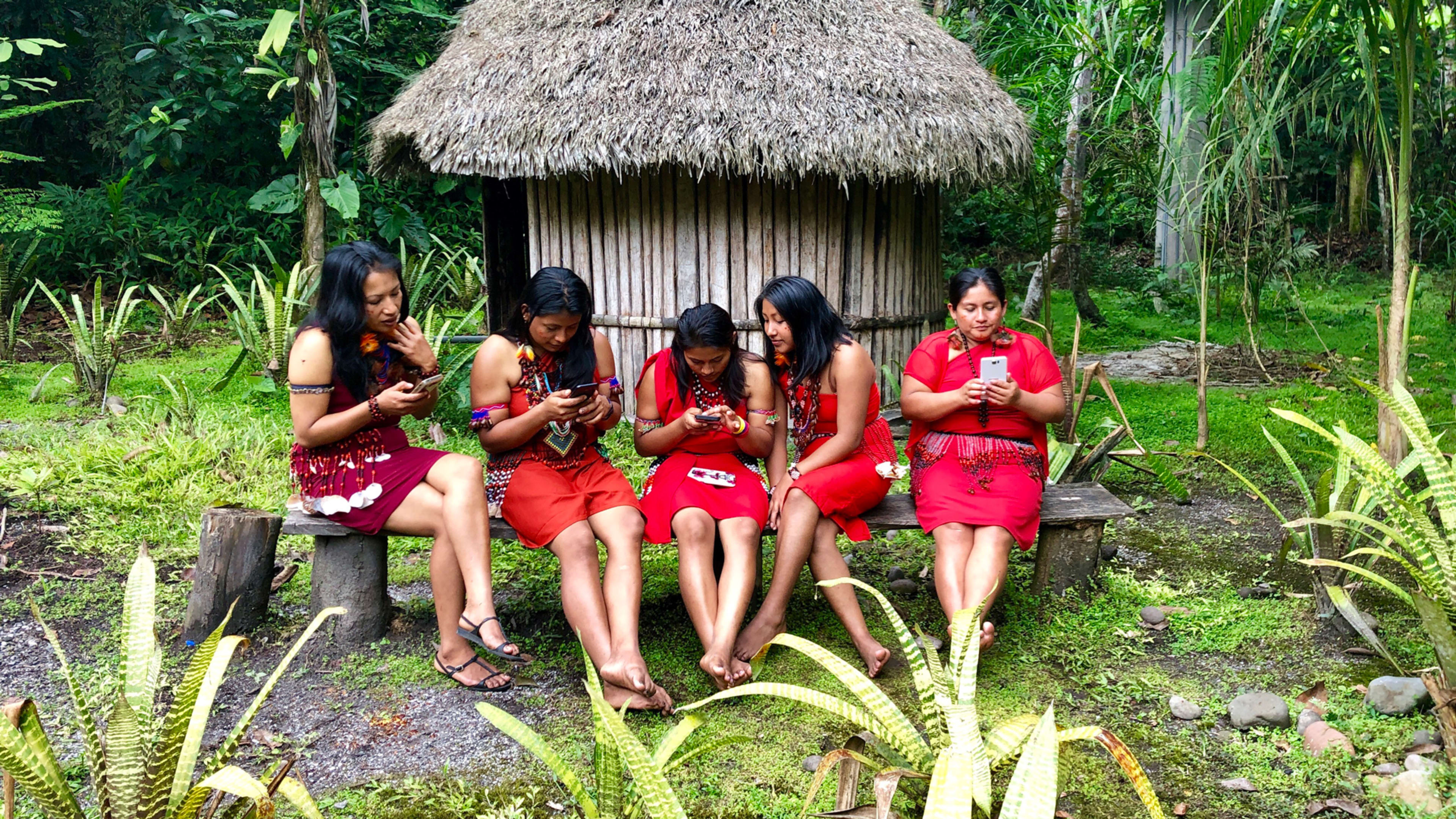A little more than a year ago, indigenous women living on the edge of a protected forest in Shampuyacu, Peru, started learning how to make and edit videos on their phone. Their goal: to document traditional knowledge before it’s gone.

A few years ago, the women worked with Conservation International to set aside an area of forest to cultivate traditional plants. Many also speak Awajún to their young children, and some schools offer bilingual education. But the women wanted to do more. When they spoke with the nonprofit about the challenge of sharing traditional knowledge across generations, the nonprofit suggested making videos, then provided phones and training in using them as a pilot that it hopes to replicate in other parts of South America. To date, women in the community have produced around 15 videos, all of which will be available on a new website. “I still don’t know 100% about the customs of my community,” one of the women says in a new video about the project, explaining that she grew up at a time when migrants had already begun to move to the area in large numbers. “But I won’t let this happen with my daughter.”
Recognize your brand’s excellence by applying to this year’s Brands That Matter Awards before the early-rate deadline, May 3.
